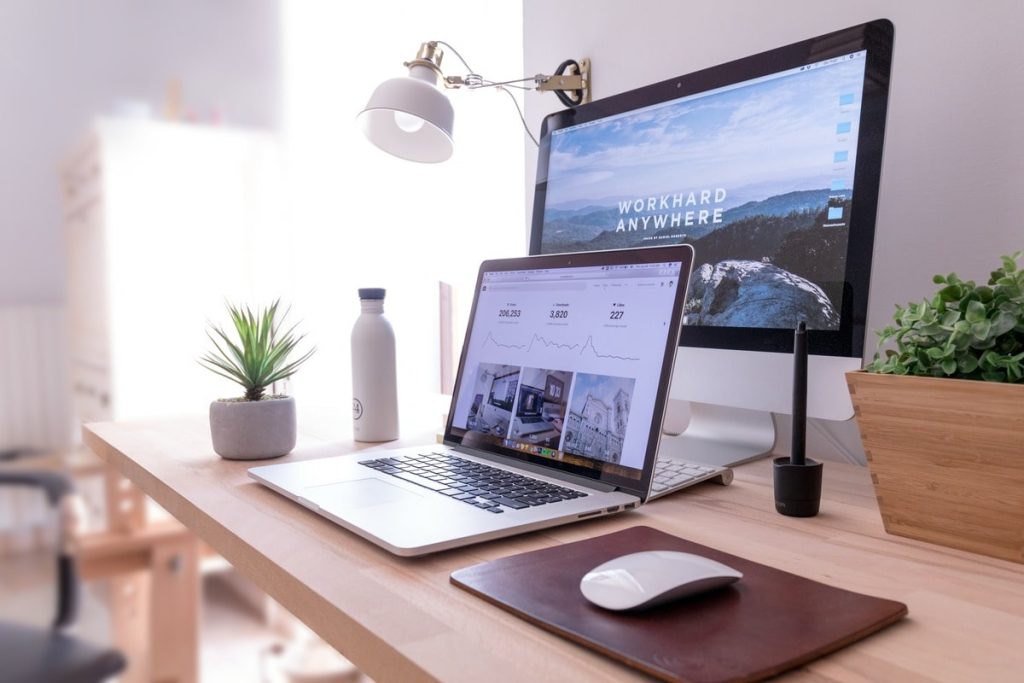Common tax deductions for small businesses

Running a small business has its fair share of challenges, but understanding tax deductions can significantly ease the financial burden. Tax deductions work to reduce your taxable income, meaning you owe less to the taxman. Here, we outline some of the most common tax deductions that small business owners in the UK can take advantage of.
Office expenses
Office expenses can include the costs associated with running an office. You can claim for rent or mortgage interest, utility bills including electricity, heating, and water, and everyday office supplies like paper, pens, and stationery. You can even claim for office furniture.
Travel expenses
If you travel for business purposes, you can deduct the cost of travel expenses. This includes public transport costs (train, bus, taxi), mileage allowance if you use your personal vehicle for business travel, and hotel accommodation and meals when travelling overnight.
Marketing and advertising
Investing in marketing and advertising is essential for business growth. Expenses in this category can be deducted and include costs such as online advertising, print advertising, website development and maintenance costs, and promotional materials like business cards and branded merchandise.
Professional services
Fees paid for professional services are deductible. This includes accountancy fees, legal fees, consultancy fees, and subscriptions to professional journals or trade associations.
Employee costs
If you have employees, you can deduct various costs related to employing them, such as:
- Salaries and wages
- Employer’s National Insurance contributions
- Employee benefits (health insurance, pensions)
- Training and development costs
Home office deduction
Home office deductions can be incredibly valuable if you work from home. To qualify, the space you use must meet the following criteria:
- Exclusivity: The area must be used solely for business activities. It cannot double as a personal space (e.g., a dining room that is occasionally used as an office does not qualify).
- Regular Use: The space must be used regularly for business purposes, not just occasionally.
- Principal Place of Business: The home office should be your main place of business or where you perform significant administrative or management activities.
If you meet the criteria, you can claim a portion of your home expenses, including a percentage of mortgage interest or rent, utility bills, and your internet and phone costs. The deductible is calculated based on the percentage of your home the business space takes up.
Insurance
Business-related insurance premiums are deductible, including property insurance, liability insurance, and health insurance for employees.
Bad debts
If you have invoiced a client who has not paid, and it becomes clear that the debt will not be recovered, you can deduct the amount as a bad debt.
Understanding and utilising tax deductions can save your small business a significant amount of money. It’s crucial to keep detailed records and receipts of all your business expenses to support your claims. Consulting with a professional accountant can also ensure you are maximising your deductions and complying with HMRC regulations.
At FWD Accounts, we are committed to helping small businesses navigate the complexities of tax regulations and ensure they make the most of available deductions. Call us on 01284 245013 or drop us an email at info@fwdaccounts.co.uk if you would like any further advice or assistance.


















